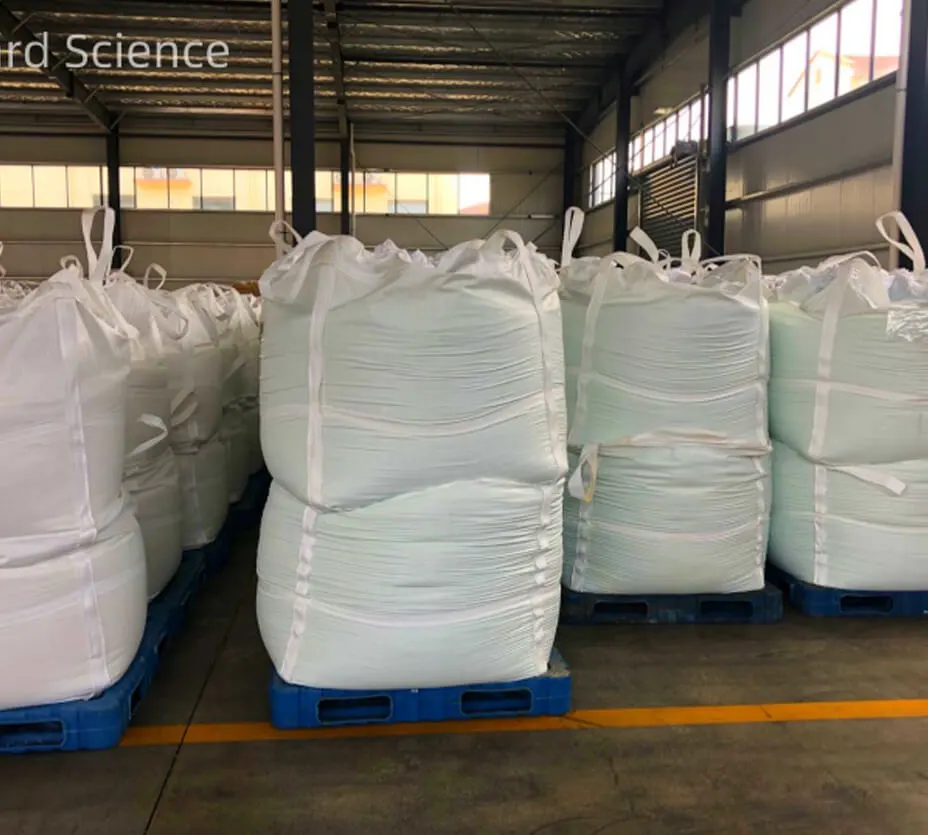English

L-ascorbic acid, also known as vitamin C, is widely used in cell culture and media. It serves as an essential supplement due to its numerous benefits.
L-ascorbic acid acts as an antioxidant, protecting cells from oxidative stress and promoting cell viability. It is involved in collagen synthesis, contributing to the growth and maintenance of connective tissues.
Additionally, L-ascorbic acid plays a crucial role in the regulation of cell differentiation and proliferation. Its inclusion in cell culture and media helps support optimal cell growth, functionality, and overall cellular health.

L-ascorbic acid acts as a potent antioxidant in cell culture and media, protecting cells from oxidative damage caused by reactive oxygen species (ROS). This helps maintain cell viability and prevents oxidative stress-induced cell death.
L-ascorbic acid plays a crucial role in collagen synthesis, a vital component of extracellular matrix (ECM). It promotes the production and maturation of collagen, contributing to tissue growth, wound healing, and maintaining the structural integrity of cells and tissues.
L-ascorbic acid is involved in regulating cell differentiation and proliferation processes. It supports the differentiation of stem cells into specialized cell types and promotes cell division, aiding in tissue development and regeneration.
By providing essential nutrients and promoting cellular processes, L-ascorbic acid improves cell viability, functionality, and overall health in cell culture. It helps maintain the physiological conditions necessary for optimal cell growth, gene expression, and cellular responses.
L-ascorbic acid plays a vital role in cell culture and media by providing antioxidant protection, supporting collagen synthesis, regulating cell differentiation and proliferation, and enhancing cell viability and functionality. Its inclusion is crucial for maintaining healthy and robust cell cultures and facilitating various cellular processes.

Cell Growth and Proliferation: Research in cell culture and media aims to optimize conditions for promoting cell growth and proliferation. By adjusting the composition of the media, adding cell growth factors and nutrients, researchers strive to provide an environment that is most conducive to cell growth and division.
Cell Differentiation and Function: Researchers investigate the mechanisms of cell differentiation and function in cell culture and media. By manipulating culture conditions and adding specific signaling molecules and factors, they aim to induce cells to differentiate into specific cell types and enhance their functionality.
Cell Metabolism and Metabolites: Researchers focus on studying cell metabolism processes and metabolites in culture media. They explore how cells utilize nutrients, the metabolites they produce, and factors that influence cell metabolism in order to optimize culture conditions and improve the yield and quality of cellular products.
Cell Behavior and Interactions: Research in cell culture and media also involves exploring cell behavior and interactions. Researchers study cell migration, proliferation, apoptosis, and factors influencing cell-matrix and cell-cell interactions to gain a deeper understanding of cellular biology.
Research in cell culture and media aims to enhance cell growth and proliferation, investigate mechanisms of cell differentiation and function, study cell metabolism and metabolites, and understand cell behavior and interactions. These studies contribute to a better understanding of cellular biological processes and provide a foundation for cell engineering, tissue engineering, and biomedical research.

